Preconception Nutrition
When trying to conceive, a healthy diet can improve chances of falling pregnant, reduce risk of miscarriage & improve the future health of your bub – so why aren’t more people talking about trimester zero?
Usually, diet and lifestyle aren’t looked at until couples are having fertility problems, which can be 6 to 24 months into their trying to conceive journey! With dietary changes made early, 12 weeks prior to starting to try, you can improve the quality of the egg, and the quality of the sperm, resulting in faster time to pregnancy and studies show a focus on preconception nutrition can alter the genes of the baby for the better.
So, what kind of diet are we talking about? Research has consistently shown a Mediterranean Diet is best for optimal fertility outcomes across different measures including both egg and sperm quality. Not only has it been found to improve natural fertility, but it has been shown in research to improve chances of successful IVF as well.
This is a way of eating that focuses on fresh produce, lots of seasonal fruit and vegetables, whole grains, small amounts of whole dairy & lots of extra virgin olive oil. Combined, these provide essential antioxidants needed to reduce inflammation, repair cellular damage caused by things like smoking, alcohol, pollution, and support the immune system.
What should I eat to increase my fertility?
When looking at making dietary changes during this preconception phase, we are really looking at some key focus areas. Some dietary modifications for mum & dad might include:
- Consuming more leafy green vegetables
- Opting for a Mediterranean style diet with seasonal produce, extra virgin olive oil & whole grains.
- Ensuring optimal levels of essential nutrients are present in the diet, nutrients such as Iron, Zinc, Vitamin D & B12, Folate and omega 3 fatty acids.
- Reducing alcohol & caffeine.
- Supplementation with the right pre-natal for mum especially.
Ideally, you want to start these dietary patterns 12 weeks before you start trying to conceive, as it takes 90 days for an ovum (egg) to be produced, and it takes between 60-90 days for sperm production, so this leaves the perfect amount of time to get both partners as fertile as possible – and with their best, healthiest contributions!
The impact of stress of fertility
Depending on where you are in your fertility journey, there’s no doubt it can bring up stress. Stress is something we all deal with daily – and while our stress response was lifesaving when we were getting chased by lions, it’s not so handy when we’re late for a meeting or because we’re stuck in traffic. Our nervous system has a clever fight or flight mode, which gives us that survival instinct, but usually, we don’t know how to turn it off. So, it stays on, we stay stressed and wired, and nothing changes. Stress is a no no for fertility – we want happy hormones & blissful sleep, and you can do this by implementing a stress management plan. Deep belly breathing, yoga, meditation, journaling, joyful movement, a warm bath, a scented candle – we have endless possibilities for managing stress, we just have to be in a routine to actually DO it.
Thinking of growing your family in the next 3-12 months? Consider booking a consultation with a fertility nutritionist & get started on your preconception care. See here for more details.
References
Karayiannis, Dimitrios, Meropi D. Kontogianni, Christina Mendorou, Minas Mastrominas, and Nikos Yiannakouris. “Adherence to the Mediterranean Diet and IVF Success Rate among Non-Obese Women Attempting Fertility.” Human Reproduction (Oxford, England) 33, no. 3 (01 2018): 494–502. https://doi.org/10.1093/humrep/dey003.
Dominguez-Salas, Paula, Sophie E. Moore, Maria S. Baker, Andrew W. Bergen, Sharon E. Cox, Roger A. Dyer, Anthony J. Fulford, et al. “Maternal Nutrition at Conception Modulates DNA Methylation of Human Metastable Epialleles.” Nature Communications 5 (April 29, 2014): 3746. https://doi.org/10.1038/ncomms4746.
Ramakrishnan, Usha, Frederick Grant, Tamar Goldenberg, Amanda Zongrone, and Reynaldo Martorell. “Effect of Women’s Nutrition before and during Early Pregnancy on Maternal and Infant Outcomes: A Systematic Review.” Paediatric and Perinatal Epidemiology 26 Suppl 1 (July 2012): 285–301. https://doi.org/10.1111/j.1365-3016.2012.01281.x.
Vujkovic, Marijana, Jeanne H. de Vries, Jan Lindemans, Nick S. Macklon, Peter J. van der Spek, Eric A. P. Steegers, and Régine P. M. Steegers-Theunissen. “The Preconception Mediterranean Dietary Pattern in Couples Undergoing in Vitro Fertilization/Intracytoplasmic Sperm Injection Treatment Increases the Chance of Pregnancy.” Fertility and Sterility 94, no. 6 (November 2010): 2096–2101. https://doi.org/10.1016/j.fertnstert.2009.12.079.
